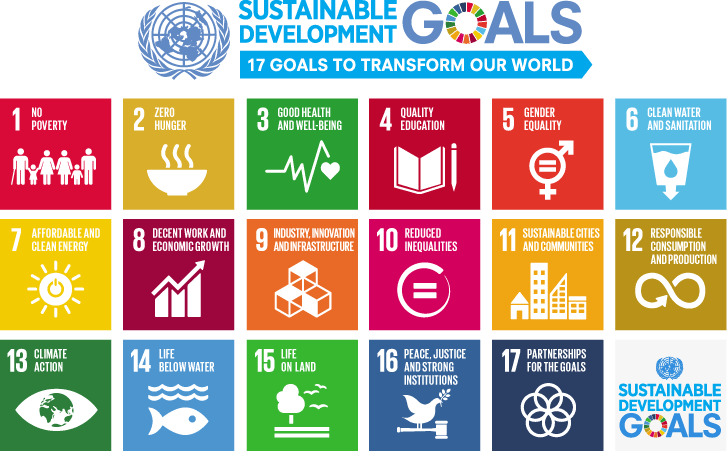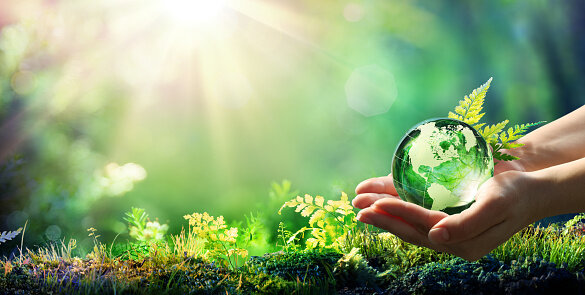National Environment Month is celebrated in June, with World Environment Day on the 5th June. During the month of June the South African government and stakeholders in environmental affairs will focus on ways to stimulate awareness on environmental issues and challenges. The aim is to improve and encourage change from industries to household habits in order to preserve and protect our planet.
World Environment Day is the biggest annual event on the UN environment programme calendar. The UN, being aware of the critical state of degradation of ecosystems globally, proclaimed the UN Decade on Ecosystems Restoration, follow the link. https://www.decadeonrestoration.org/follow-generationrestoration The purpose of this is a worldwide appeal for support and increasing efforts to prevent, halt and where possible reverse the degradation of ecosystems. A task team was formed involving a group of 85 individuals from 32 global leading organizations with a roadmap to reach the objectives of the 2030 Agenda for Sustainable Development (https://sustainabledevelopment.un.org). A wide range of relevant information and resources, for example guidelines, websites, training etc is available to aid the stakeholders in achieving objectives. The available resources cover all aspects of ecosystem restoration which involves the planning, implementation and monitoring of projects.
Within the UN Decade on Ecosystem Restoration 17 sustainable development goals are set out. The environment underlies each goal and the aim is to ensure that the environment is integrated into all aspects of sustainable development.

Ecosystem restoration improves and repairs a wide spectrum of environmental circumstances from regeneration of new forest areas to the sustainability of urbanization. The world’s cities occupy 3% of the Earth’s land, but are accountable for 60-80% of energy consumption and 75% of carbon emissions. All governments, communities, conservation organisations and private sector are stakeholders in playing a role to achieve the objectives of the Decade. Currently there are many projects worldwide busy with restoring the environment, and the Decade will reinforce and support such projects. A prime example is the Bonn Challenge, launched in 2011 by the German Government and International Union for Conservation of Nature (IUCN) as a global goal to restore 150 million hectares of degraded forest area by 2020. This target was surpassed in 2017. A further challenge was implemented to restore another 350 million hectares of degraded forest area by 2030.
On the local scene it is estimated nearly 5.7 million hectares of land in South Africa has been degraded. Large portions of degraded land is found in the rural areas where the population density is high and poor communities are dependent on natural resources. Land restoration programmes will allow the land to recover and also have social and financial benefits for the local rural communities. The Department of Environment, Forestry & Fisheries have initiated the “Working for Ecosystems” programmes to assist with land restoration.
The challenge to repair and prevent further damage to our planet lies with everyone. The Sustainable Development Goals (SDG) can only be met as a global movement in saving our planet for the next generations (#generationrestoration). Restoring damaged ecosystems is an efficient and cost-effective way people can work with nature to address the most pressing challenges humanity is facing today, i.e. the Coronavirus disease 2019. (UNEP/FAO Factsheet).
The awareness of climate change and other environmental challenges has increased through social media, internet and education. To successfully meet the targets set in the Sustainable Development Goals co-operation with a wide diversity of skills, knowledge and experience is required. Ecosystem restoration is a grassroots reaction to global challenges, it varies from small school gardens to cleaning our beaches.
As a further contribution and taking up the challenges of restoration of ecosystems we will be donating trees to the ‘Precious Tree Project” as an effort to restore indigenous and endemic forest trees along the Garden Route District.

At Multi-cup Solutions, being aware of the impact of packaging on the environment, we have increased our enviro-friendly range of packaging. Furthermore we have recently introduced a sustainable packaging range made from renewable plant-based resources called Precious Planet.









Leave A Comment
You must be logged in to post a comment.